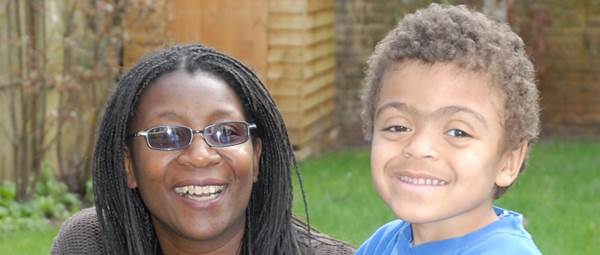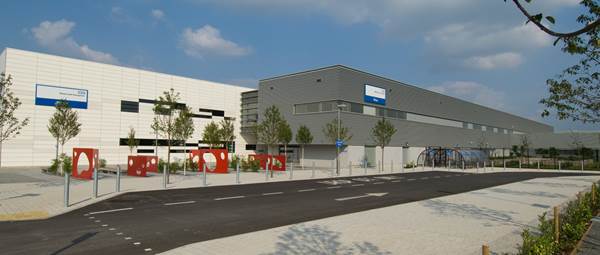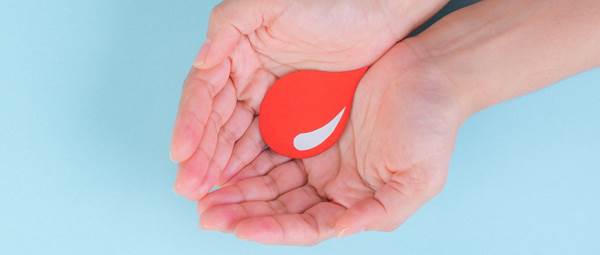After your donation
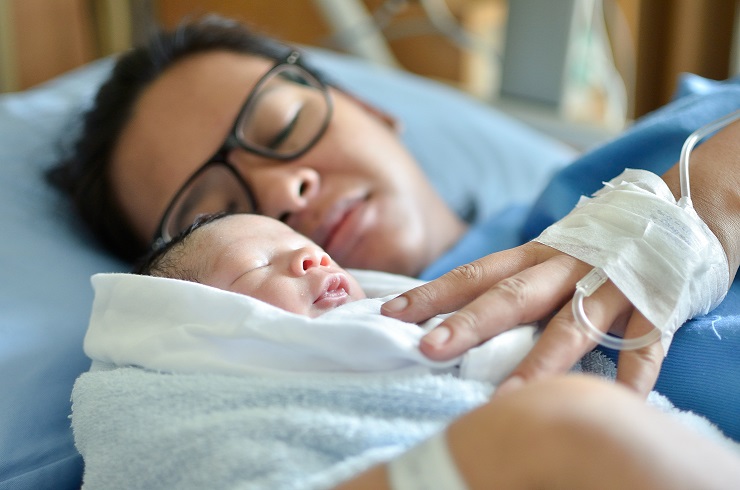
Your blood sample will be tested in the same way as NHS Blood and Transplant test blood donors for HIV, hepatitis, syphilis and other blood-borne infections. In the unlikely event that any test result is positive, one of our doctors will contact you to offer appropriate advice.
Donated units of cord blood are transported from the hospital where the baby was delivered to our dedicated laboratory facility. Once the cord blood unit arrives at the laboratory we record details onto our secure database and then process and test it to ensure that it is safe to be given to a patient.
Once your cord blood has been processed, tested and stored it will be available for any patient within the UK or anywhere around the world. It will have its own unique identification number and will be located on national and international stem cell and cord blood registries.
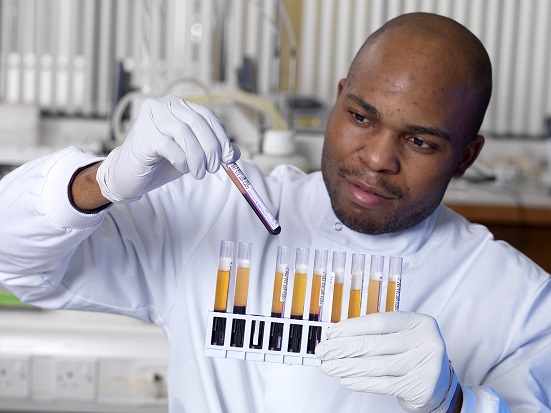
The tests performed on each unit of cord blood are detailed below. Please click on each one to see more information.

The cord blood unit is processed by removing the red blood cells and plasma.
This reduces the volume of the cord blood unit to 20ml, leaving us with all the vital blood stem cells required for transplantation.
A cryopreservative (DMSO) is added to protect the blood stem cells while they are frozen.
The cord blood unit is then frozen and stored in liquid nitrogen containers which are specifically designed for cord blood units.
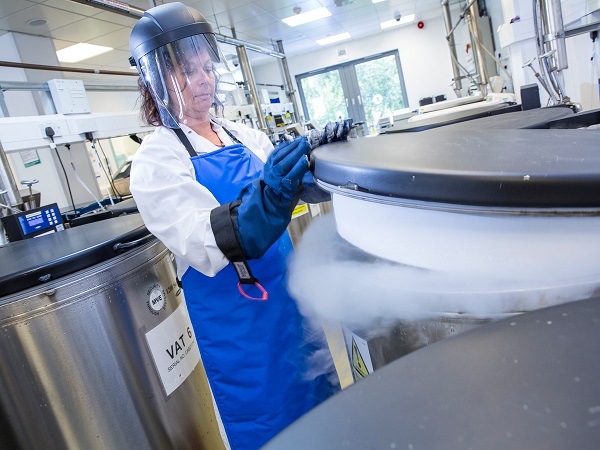
Once the cord blood unit has been frozen, it will be stored until a patient needs it. Research has shown that units can be stored for 25 years or more and still be used successfully in a stem cell transplant.
All units are registered on the British Bone Marrow Registry, Bone Marrow Donors Worldwide and can be searched through a peer to peer network of international stem cell registries. These are the national and international databases that healthcare professionals (from within the UK and around the world) use to search for a suitable match for a patient who needs a stem cell transplant.
With your help, we can supply cord blood units to patients who need them both within the UK and throughout the world. To date we have provided cord blood units for patients in approximately 50 countries worldwide.
Units that do not have sufficient stem cells for clinical use can be used in research for new advanced cell therapies being developed to treat a wide range of conditions. You will be asked at the time of consent whether you are willing for your babies cord blood to be used for research if not suitable for clinical use.

